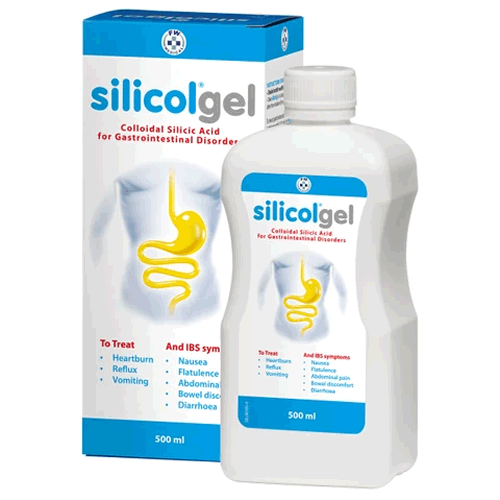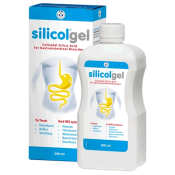An introduction to IBS and flatulence
Flatulence is the passing of gas, or wind, through the back passage. The gaseous discharge will have been produced in the intestines as a result of a number of reasons, including Irritable Bowel Syndrome (IBS). The condition may also lead to belching, generally referred to gas expelled from the mouth, having come up from the stomach.
Flatulence is a normal bodily function. However, in excess, it can result in bloating and can be embarrassing, inconvenient and a real problem for people in their daily lives.
Why does IBS cause flatulence?
There are a number of possible explanations as to why IBS can cause flatulence.
A characteristic feature of IBS is abnormal and uncoordinated bowel contractions. When these are too rapid, we may experience diarrhoea. If too weak or too slow, the result is constipation.
If bowel transit time (the time that food takes to pass through the gut) is too quick, food is only partially undigested. Natural bacteria residing in the gut feed on this and a process called fermentation starts up, which produces gas and gives rise to flatulence. In addition, food moving too quickly through the digestive system may also cause pockets of trapped gas, worsening the problem.
Certain foods are more prone to producing gas because of how they interact with gut bacteria. This list includes beans, pulses and certain vegetable such as brussel sprouts.
Another aspect to consider is that strains of bacteria in the gut, also known as microbiota, may differ in people with IBS compared to those in an average person. Generally, gut bacterial strains can be categorised as ‘good’ or ‘bad’. If the ‘bad’ strains dominate the ‘good’, undesirable symptoms associated with IBS such as diarrhoea and flatulence may result.
A more simple explanation is when bowel contractions are weak, the passage of waste material in the gut slows and gas becomes trapped. This can result in bloating and flatulence.
What can I try at home for flatulence?
There are a few lifestyle changes you can easily implement to try and reduce the burden of flatulence:
- Eat slowly and chew: Eating quickly, on the move or not chewing your food properly can result in excess air being swallowed, which may become trapped in your digestive system, causing discomfort and potentially resulting in flatulence hours later! Read our blog post on the importance of chewing your food. Avoid chewing gum as this may have a similar effect, as well as eating particularly large portions. This can put a strain on your digestive system as there is more food to be digested
- Make a note: If you have had a bout of particularly bad flatulence, make a note of what you ate or did (posture and other factors may also be important). You can then take steps to try and cut out certain scenarios one by one, to see if this makes a difference. Remember that food intolerances may be contributing to that horrid flatulence
- Exercise: Get your blood and muscles pumping - this can help to dislodge any trapped gas. Exercise also encourages more rhythmic contractions of the intestines allowing for some regularity to return, especially in those prone to constipation. Read our blog on the positive effects exercise can have on constipation.
How can natural remedies help me?
- Silicol gel: Silicic acid, a natural substance containing silicon and oxygen, may help you overcome troublesome flatulence. Our product Silicol gel is thought to bind to toxic or harmful substances in the gut and excrete them.
- Activated charcoal: Activated charcoal is another substance which may also be useful in binding substances, including gas, and excrete them from the body. Be cautious of taking these particular herbal remedies, alongside medications, leave at least three hours separating them.
- Molkosan: In terms of the bacterial environment of the gut, a supplement called L+ lactic acid works to create an environment to support the ‘good’ bacteria in your gut, keeping nasty gas producing bacteria at bay. This substance can be found in the product Molkosan.
How can my doctor help?
If lifestyle or natural remedies fail to help with your symptoms, a trip to your doctor or pharmacist may be needed. They can suggest medication that can help absorb and expel excess gas.
Seek help from your doctor if excessive flatulence is unexplained or persistent, accompanied by moderate or severe pain or if there is blood in your stools.









